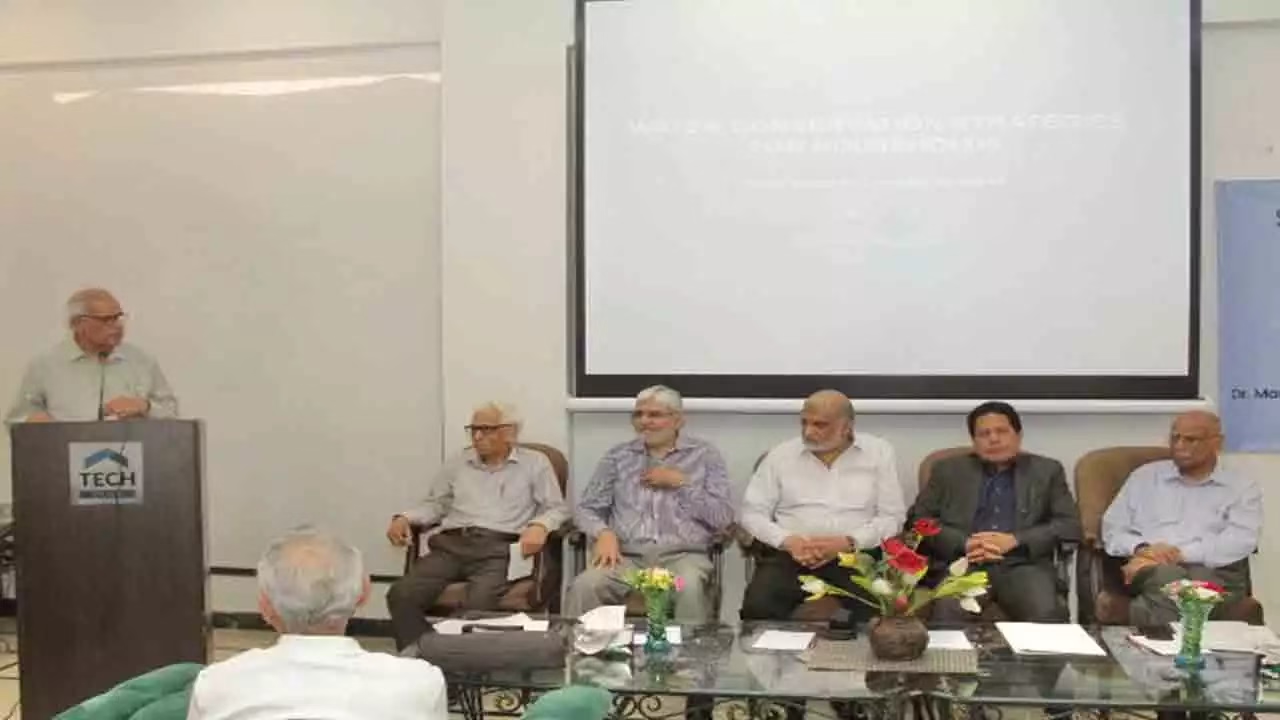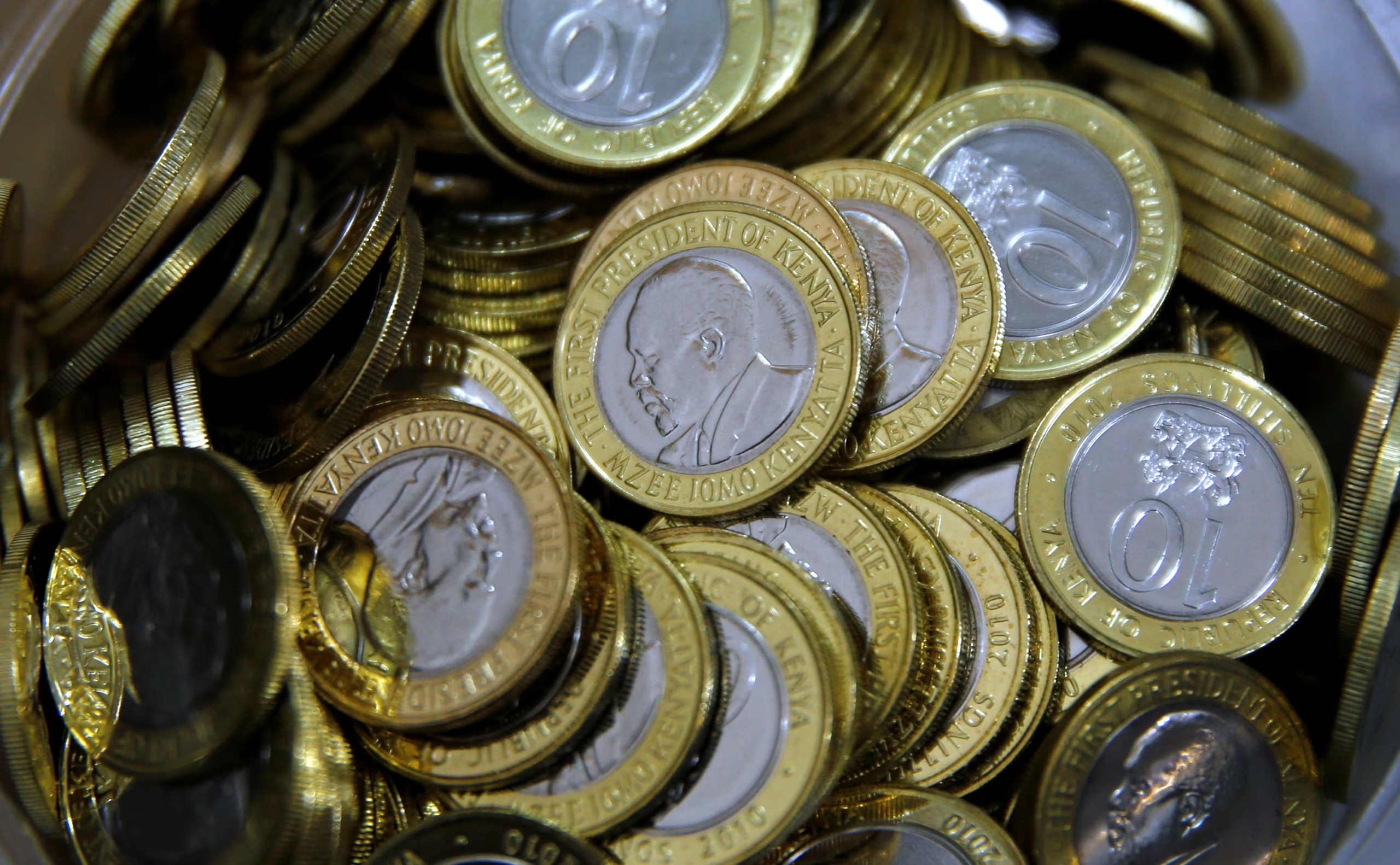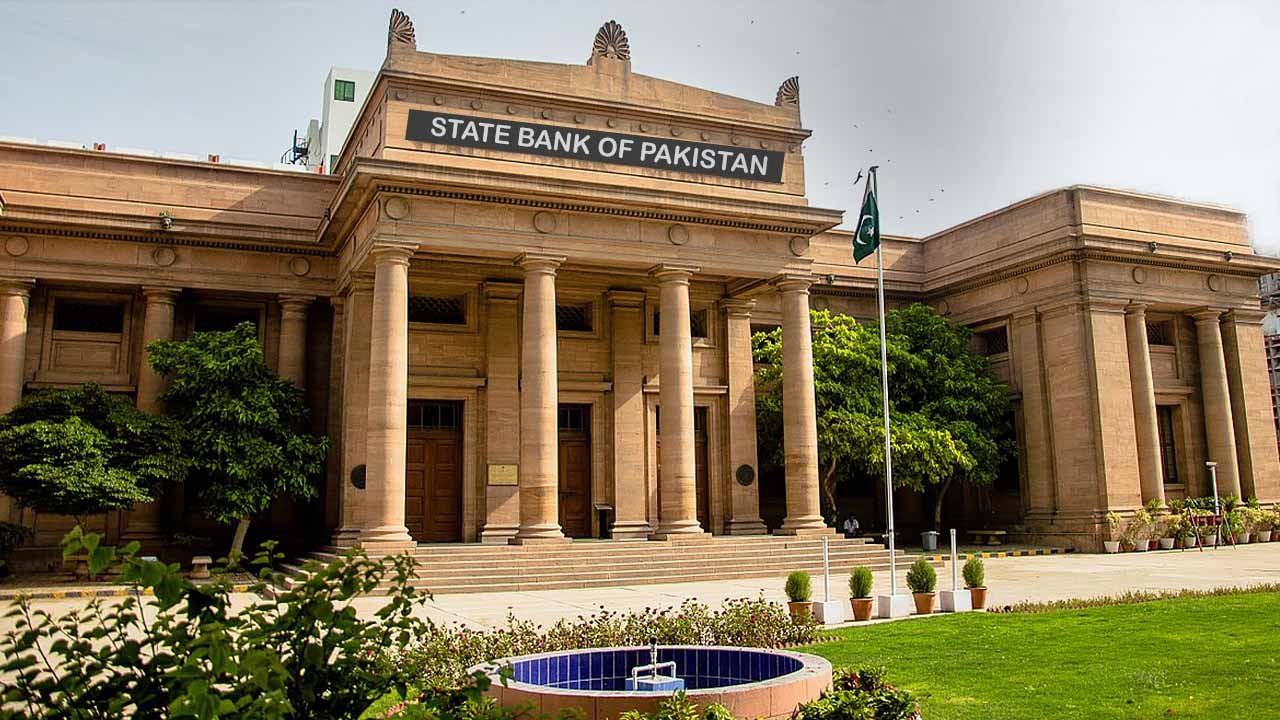An eye-opening seminar titled Save Water — Save Pakistan’s Future was held at the Tech Club in Lahore, where leading experts in water resources, environmental protection, and urban development came together to raise serious concerns about Pakistan’s looming water crisis. The event served as a wake-up call to both policymakers and the public, stressing the urgent need to address the nation’s water issues before it’s too late.
Top Experts Speak Out
The seminar featured well-known names in the field, including Dr. Mansoor Hashmi (NESPAK expert), Dr. Muhammad Nawaz Chaudhry, former MD WASA Mian Abdullah, Mian Nabil Ashraf, Khalid Javed, and Dr. Muhammad Sadiq. They shared data-driven insights and real-world experiences to help the audience understand the gravity of the situation.
Prominent participants like Adnan Hussain Malik, Khawaja Omar Zeb, Haroon Ahmed, Dr. Zahid Hussain, and Shazia Sahiba also attended the seminar, lending their voices to a growing national conversation about water security.
The Alarming Warning: Water Scarcity by 2035
One of the most striking revelations of the seminar was the prediction that Pakistan could face an acute water shortage as early as 2035 if immediate and sustainable measures are not taken. According to the experts, ignoring this crisis would be equivalent to gambling with the future of our children.
Dr. Mansoor Hashmi emphasized that water is not just a natural resource but the lifeline of any economy—especially in a country like Pakistan, where agriculture plays a central role. He warned that dwindling water levels, combined with increasing population pressure and poor water management, could lead to massive food insecurity, public health issues, and even internal displacement.
Contaminated Water and Public Health
Another critical point raised during the seminar was the impact of contaminated water on public health. It was noted that up to 80% of diseases in Pakistan are linked to the consumption of unsafe drinking water. Dr. Muhammad Sadiq explained how waterborne diseases such as cholera, typhoid, and hepatitis continue to plague millions across the country due to a lack of clean water supply and infrastructure.
Former MD WASA, Mian Abdullah, pointed out the failure of outdated water supply systems in urban areas, which not only waste precious water but also mix clean water with sewage lines, worsening the health crisis.
Agriculture in Danger
As the backbone of Pakistan’s economy, agriculture is heavily dependent on a stable and clean water supply. Several speakers highlighted how declining water availability and unpredictable weather patterns are already affecting crop yields. Mian Nabil Ashraf stated that Without water, there is no agriculture — and without agriculture, there is no economy. He urged the government to support farmers with modern irrigation technologies like drip irrigation and rainwater harvesting to optimize water usage.
Call for Immediate Action
The seminar wasn’t just about highlighting problems—it also proposed actionable solutions. Among the recommendations were:
- Revamping water infrastructure to reduce wastage and improve efficiency.
- Promoting public awareness campaigns about water conservation.
- Enforcing strict regulations on industries that pollute water sources.
- Investing in rainwater harvesting systems in both urban and rural areas.
- Reforming irrigation practices to reduce water wastage in agriculture.
- Strengthening cooperation between provinces on shared water resources.
A Collective Responsibility
Khalid Javed stressed that solving Pakistan’s water crisis requires a unified national effort. He said, This is not just a government issue or an expert’s problem—it’s a national emergency that every citizen needs to take seriously.
The seminar concluded with a strong message: Saving water today means saving Pakistan tomorrow. It is no longer a matter of choice but of survival. Whether it’s turning off the tap while brushing your teeth or pushing for policy reform at the national level—every drop counts.
Final Thoughts
The Save Water — Save Pakistan’s Future seminar served as a powerful reminder that time is running out. Pakistan stands at a critical crossroads, and decisions made today will shape the health, stability, and prosperity of the nation in the decades to come.



